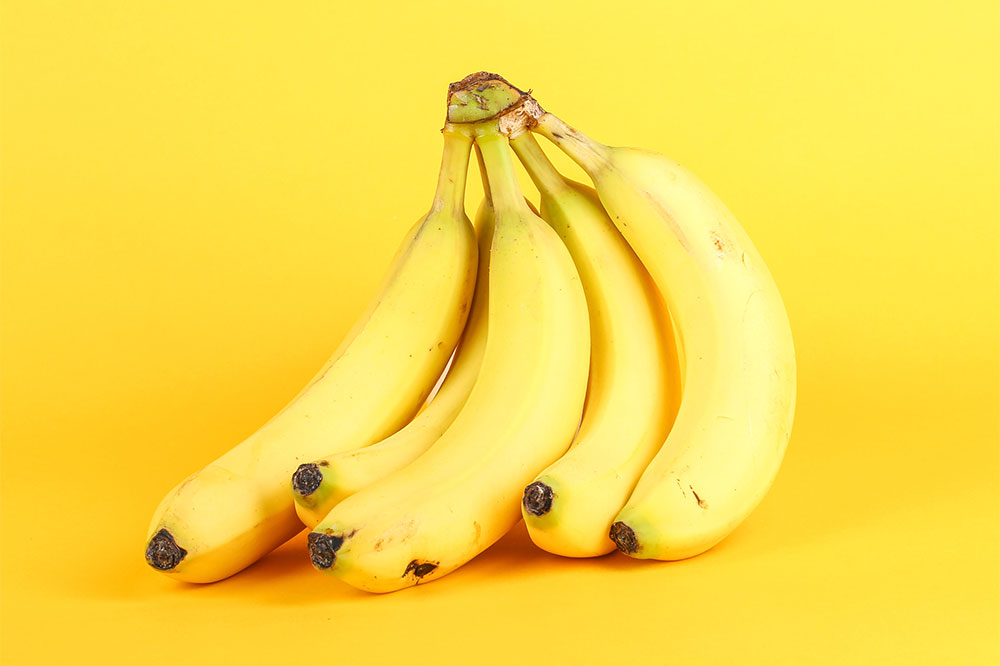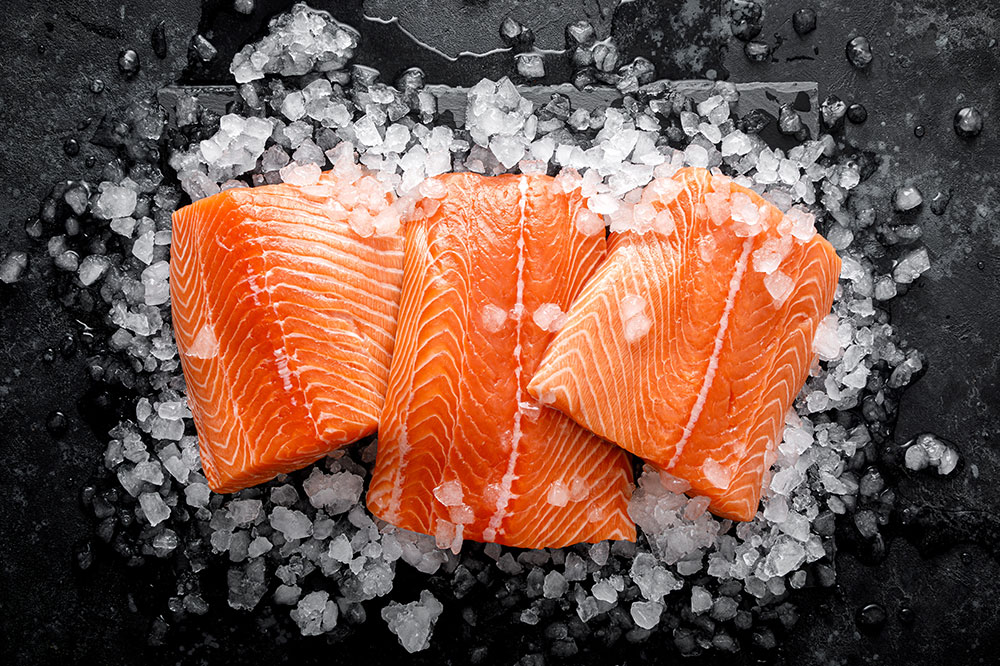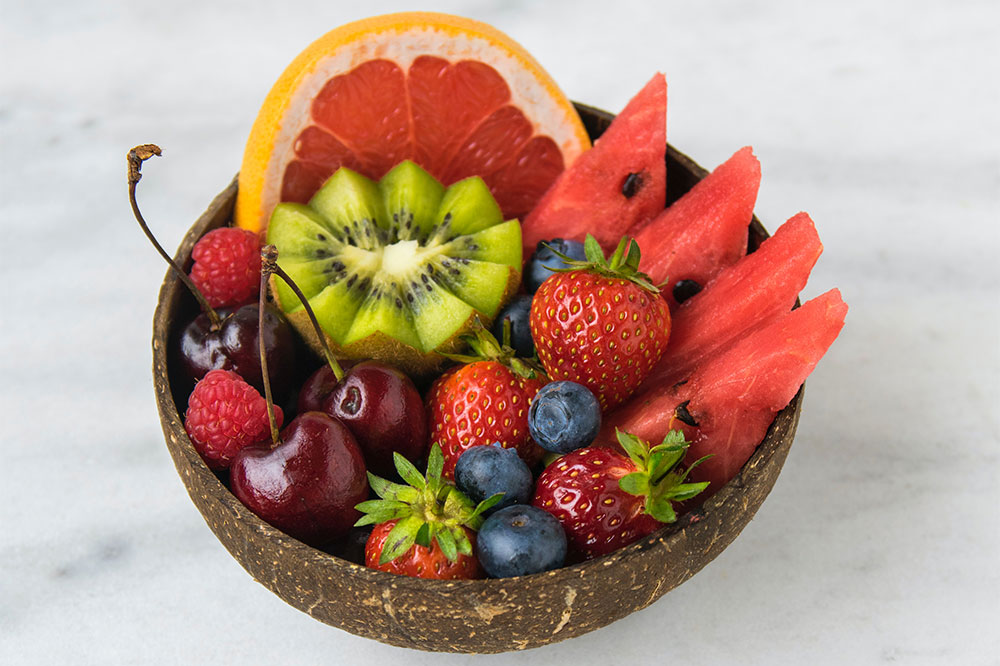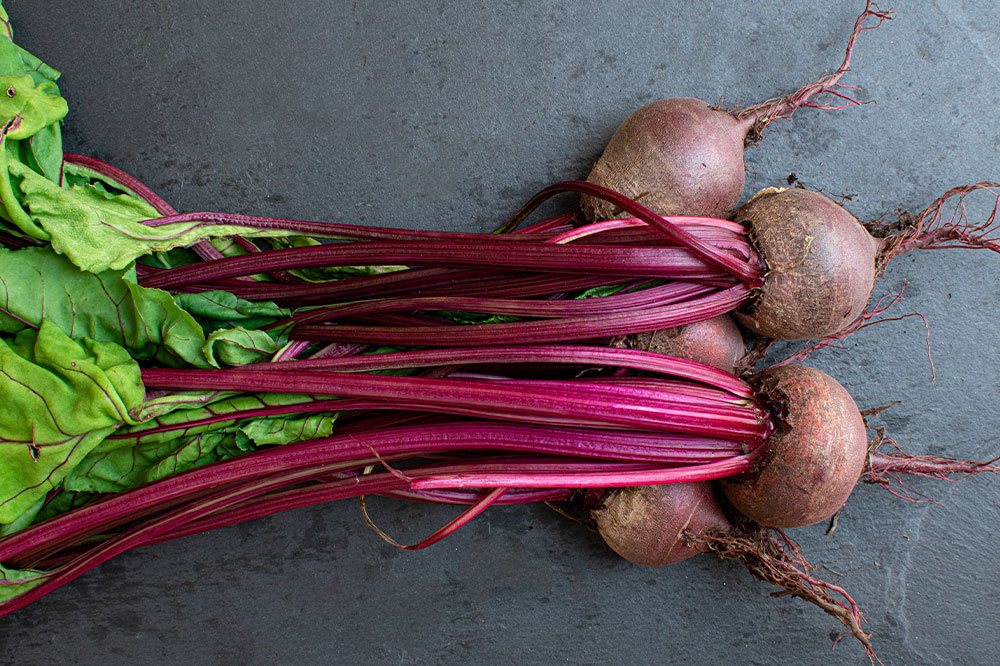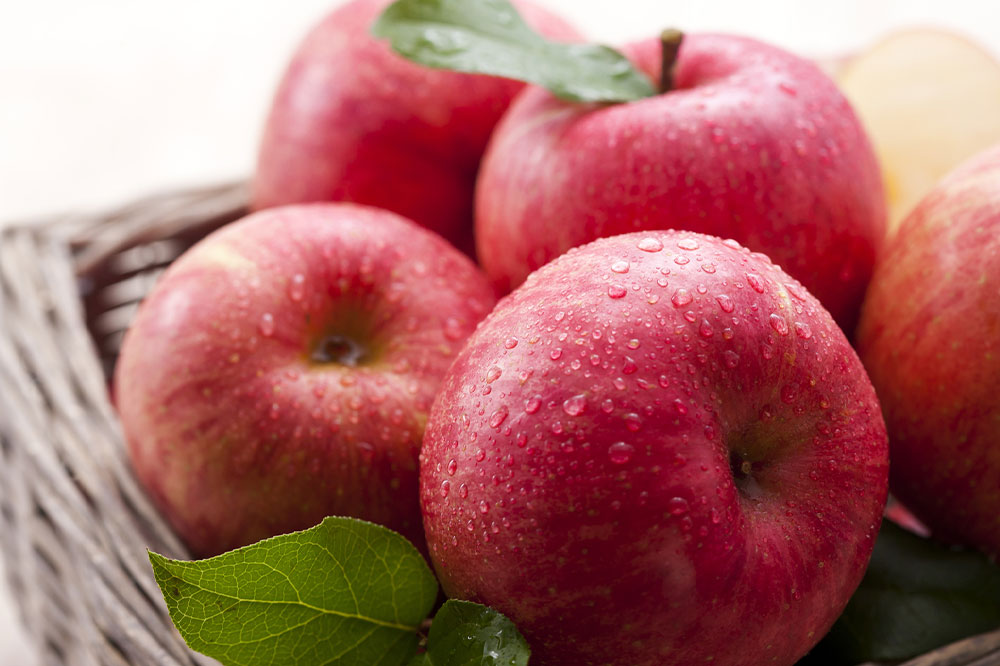Top 5 Nutritional Choices to Support Lung Health
Enhance lung health with top foods like fatty fish, apricots, olive oil, berries, and cruciferous vegetables. These nutrients support immune function, reduce inflammation, and aid in disease management, especially for conditions like MAC. Incorporating these into your diet can bolster respiratory health and promote faster recovery.
Sponsored
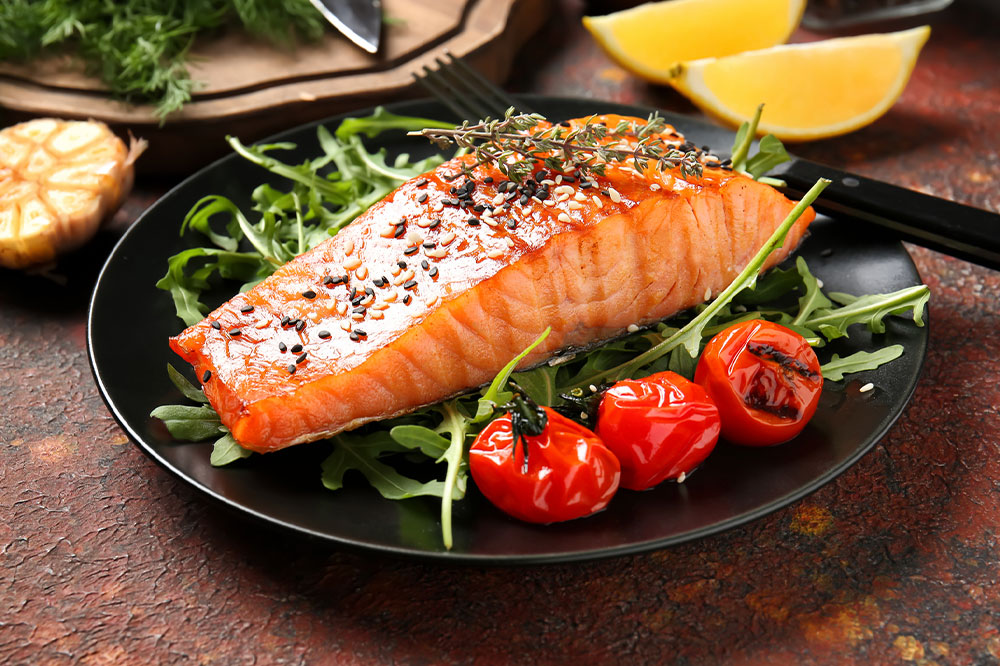
Although rare, MAC (Mycobacterium avium complex) disease impacts about 1 in 100,000 individuals annually, leading to symptoms such as fever, night sweats, fatigue, weight loss, breathing difficulties, anemia, and abdominal discomfort. Proper nutrition can play a vital role in managing these symptoms and improving lung resilience. Incorporating specific foods into your diet can significantly bolster lung health and aid in disease management.
Fatty Fish
Rich in omega-3 fatty acids, fish like salmon, mackerel, anchovies, and herring are known for their anti-inflammatory properties. They help mitigate infection-related inflammation and support overall respiratory well-being.
Apricots
Packed with vitamin A, apricots aid in repairing respiratory tract linings and reducing infection risk. Additional vitamin A-rich foods include beef liver, cod liver oil, carrots, broccoli, spinach, and red peppers, all of which support lung health.
Olive Oil
Containing vitamin E as alpha-tocopherol, olive oil enhances lung function. Nuts and seeds such as sunflower seeds, hazelnuts, pine nuts, sesame seeds, and pistachios are also rich sources. However, avoid oils like soybean and canola that contain gamma-tocopherol, which may worsen lung infections.
Antioxidant-Rich Berries
Blueberries, strawberries, acai, and grapes provide antioxidants that neutralize free radicals, aiding in cellular repair and reducing infection severity in lung conditions like MAC disease.
Broccoli and Cruciferous Veggies
Sulforaphane, present in broccoli, promotes protective enzymes such as Nramp1 and HO-1, defending against lung infections including MAC, asthma, and COPD. Kale, cauliflower, watercress, cabbage, and Brussels sprouts are also beneficial sources of sulforaphane.

